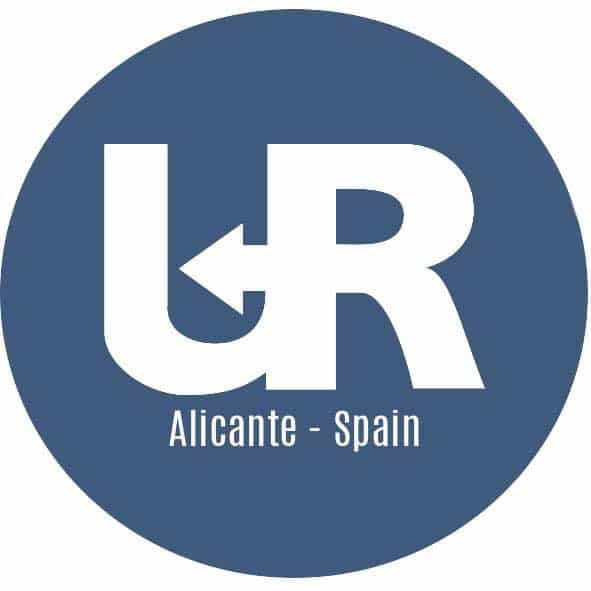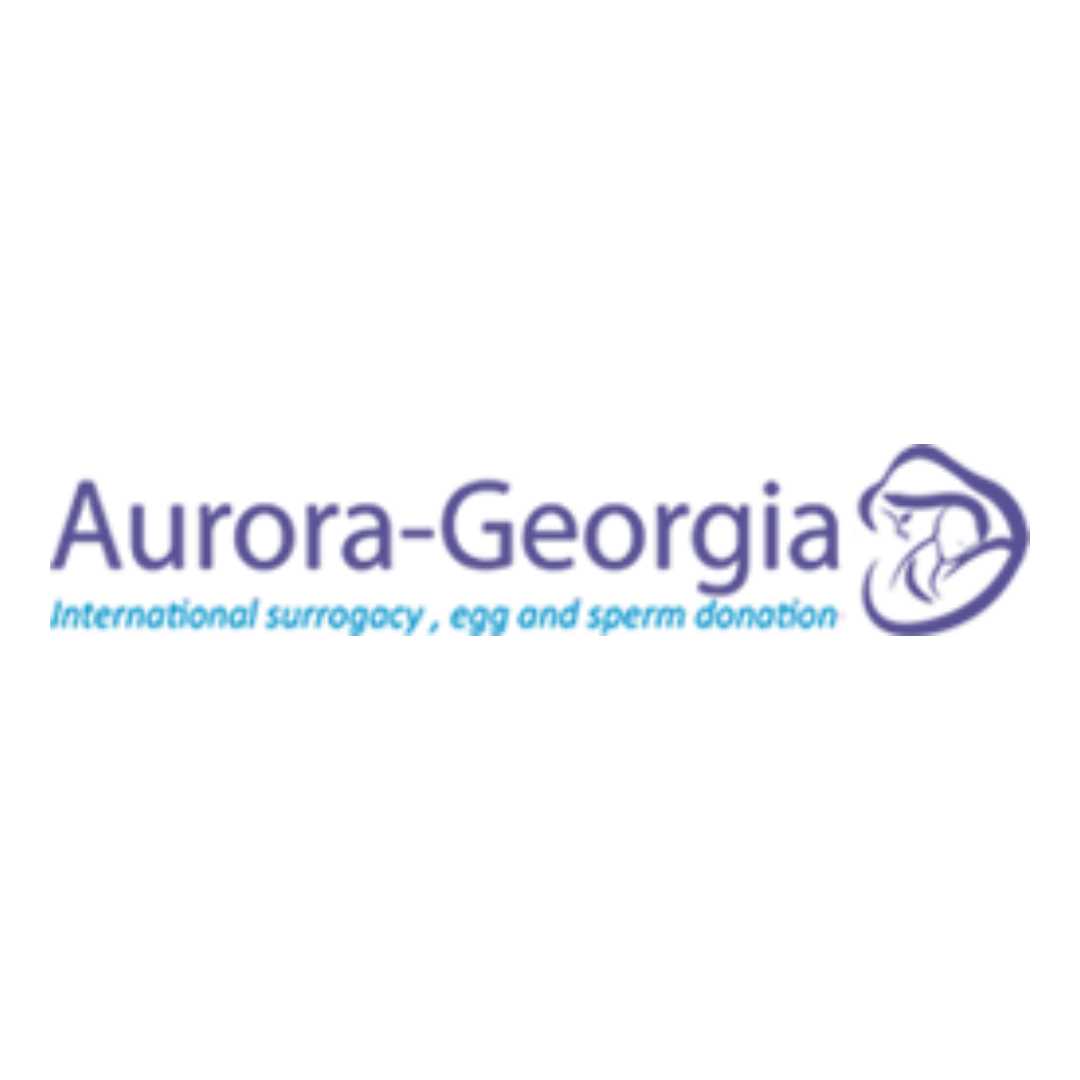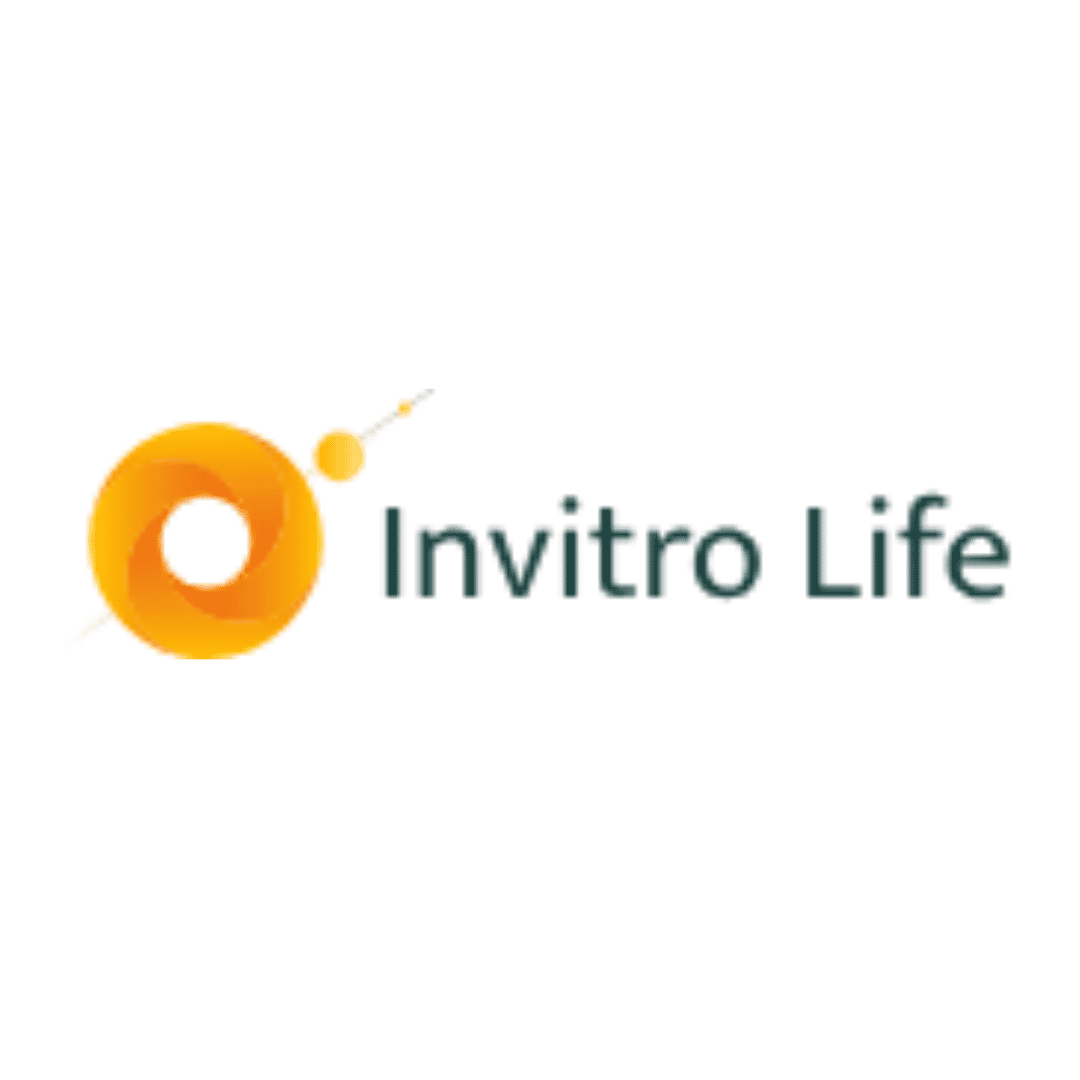
For many German couples facing the challenges of infertility, the dream of starting a family can feel distant. When male factor infertility is a significant hurdle, standard IVF may not be enough. This is where Intracytoplasmic Sperm Injection (ICSI), an advanced fertility technique, offers a powerful solution.
Spain has distinguished itself as a European leader in assisted reproduction, combining cutting-edge technology, progressive legislation, and world-class medical expertise at costs that are often more accessible than in Germany.
This comprehensive guide is designed for German couples exploring ICSI in Spain, covering everything from the procedure's specifics to the logistical and financial benefits of seeking treatment abroad.
Key Takeaways
-
German couples can expect to save 30-50% on fertility treatments like ICSI in Spain compared to private clinic costs in Germany.
-
Spain's advanced reproductive laws are more permissive than Germany's, allowing for procedures like egg and sperm donation with anonymity, which provides more options for couples.
-
Success rates at top Spanish fertility clinics are among the highest in Europe, often exceeding international averages due to their extensive experience and investment in technology.
-
Cost of a ICSI in Spain: €4,500 – €7,000
-
Cost of a ICSI in Germany: €6,000 – €9,000+ (excluding medication)
-
Egg Donation with ICSI in Spain: €9,000 – €14,000 (often not an option in Germany due to restrictive laws)
Understanding Intracytoplasmic Sperm Injection (ICSI)
ICSI is a specialized form of In Vitro Fertilization (IVF) that is used to treat severe cases of male-factor infertility. The procedure involves the direct injection of a single, carefully selected sperm into the cytoplasm of a mature egg to facilitate fertilization.
This technique bypasses many of the natural barriers to fertilization and is particularly effective when the male partner has:
-
Low sperm count (oligospermia)
-
Poor sperm motility (asthenospermia)
-
Abnormal sperm shape (teratospermia)
-
Sperm that are unable to penetrate the egg
-
A blockage that prevents sperm from being ejaculated (requiring surgical extraction)
The ICSI process is integrated into a standard IVF cycle. After the woman's eggs are retrieved, an embryologist uses a powerful microscope and micromanipulation tools to select the healthiest-looking sperm and inject it directly into the egg.
Why Choose Spain for Your ICSI Treatment?
Spain combines legal advantages, medical excellence, and cost-effectiveness, creating an ideal environment for German couples seeking advanced fertility care.
Progressive and Favorable Legislation
Spain's laws on assisted reproduction are among the most liberal in Europe. Unlike Germany's Embryo Protection Act (Embryonenschutzgesetz), which places strict limits on fertility treatments, Spanish law is more flexible and patient-centric. Key differences include:
-
Anonymous Egg and Sperm Donation: Spain has a well-established and successful anonymous donation program, providing a vital option for couples who need it.
-
No Limit on Eggs Fertilized: Spanish clinics can fertilize multiple eggs to select the best-quality embryo for transfer, which can increase success rates.
-
Genetic Testing: Preimplantation Genetic Testing (PGT) is widely available to screen embryos for chromosomal abnormalities, improving the chances of a healthy pregnancy.
World-Renowned Medical Expertise
Spanish fertility clinics are pioneers in the field of assisted reproduction. They are staffed by highly experienced embryologists and reproductive endocrinologists who are leaders in their field. The high volume of international patients means these clinics have vast experience treating a wide range of complex infertility cases.
State-of-the-Art Technology
Clinics in cities like Barcelona, Madrid, and Valencia invest heavily in the latest laboratory technology. This includes advanced embryo incubators (like the EmbryoScope), sophisticated sperm selection techniques (like MACS or PICSI), and cutting-edge genetic testing platforms.
Significant Cost Savings
While not the cheapest destination, Spain offers exceptional value. The cost of an ICSI cycle is considerably lower than in many private German clinics, and the all-inclusive packages often provide transparency and peace of mind.
Did You Know? Spain is one of the most popular fertility tourism destinations in the world, with nearly 40% of its patients coming from abroad. This has created a robust infrastructure dedicated to supporting international patients, including multilingual staff and coordinators who assist with travel and accommodation.
The ICSI Process in Spain for German Patients
Spanish clinics have perfected a seamless process for international patients, ensuring a stress-free experience from the first contact to the final pregnancy test.
The journey is typically divided into a few key phases:
-
Initial Remote Consultation: You will start with a video consultation with a fertility specialist in Spain. You'll discuss your medical history and send your records. The doctor will create a personalized treatment protocol.
-
Ovarian Stimulation and Monitoring in Germany: The female partner will begin the ovarian stimulation phase at home, guided by the Spanish clinic. Ultrasounds and blood tests can be done with your local gynecologist in Germany, with results sent to Spain. This minimizes your time away from home.
-
Travel to Spain for Egg Retrieval and Fertilization: You will travel to Spain for the final phase of monitoring and the egg retrieval procedure. This is a minimally invasive procedure performed under sedation. On the same day, the male partner provides a sperm sample (or it is surgically retrieved). The ICSI procedure is then performed in the lab.
-
Embryo Culture and Transfer: The resulting embryos are cultured for 3-5 days. The highest quality embryo is then transferred to the uterus in a simple, painless procedure.
-
Return to Germany and Pregnancy Test: You can typically fly back to Germany a day or two after the embryo transfer. The pregnancy test is taken about two weeks later.
Cost of ICSI: Spain vs. Germany
Choosing Spain can lead to substantial financial savings without any compromise on the quality of medical care or the chances of success.
Detailed Cost Breakdown
|
Service / Procedure |
Average Cost in Spain |
Average Cost in Germany (Private) |
|---|---|---|
|
Standard ICSI Cycle |
€4,500 - €7,000 |
€6,000 - €9,000 |
|
Fertility Medications |
€1,000 - €2,000 |
€1,500 - €2,500 |
|
Preimplantation Genetic Testing (PGT-A) |
€2,000 - €4,000 |
Often legally restricted |
|
ICSI with Egg Donation |
€9,000 - €14,000 |
Legally complex/unavailable |
ICSI packages in Spain often include:
-
All medical consultations in Spain.
-
Cycle monitoring (scans and blood tests) performed at the clinic.
-
Egg retrieval and sedation.
-
ICSI laboratory procedure.
-
Embryo culture and embryo transfer.
-
Assistance from an international patient coordinator.
Success Rates and Considerations
Spanish clinics consistently report high success rates for ICSI, often above the European average. However, it's crucial for couples to have realistic expectations.
Success depends on many factors, primarily the woman's age and the quality of the eggs. Other factors include sperm quality and the underlying cause of infertility. Top Spanish clinics are transparent with their success rates and will provide you with data specific to your age group and situation.
Expert Insight: "The advantage of ICSI is that it takes the 'chance' out of fertilization. By selecting a single, healthy sperm and injecting it directly into the egg, we overcome many of the most significant barriers in male infertility. In Spain, we combine this powerful technique with a holistic, patient-focused approach, ensuring that couples feel supported and cared for at every step of their journey."
Frequently Asked Questions (FAQs) for German Couples
How long do we need to be in Spain for the ICSI treatment?
The total time required in Spain is typically around 7 to 10 days. This covers the final monitoring, egg retrieval, fertilization, and embryo transfer. The initial stimulation phase is done in Germany to minimize your time away.
Is there a waiting list for treatment or for egg donors in Spain?
Generally, there are no waiting lists for ICSI treatment with your own eggs. For egg donation, Spain's robust donor program means waiting times are very short, often just a few months, compared to the potentially long waits in other countries.
Do the clinic staff speak German?
Yes, major Spanish fertility clinics that cater to international patients have dedicated German-speaking doctors, nurses, and patient coordinators to ensure clear communication and support.
Is it safe to travel back to Germany after the embryo transfer?
Yes, it is perfectly safe to fly back to Germany a day or two after the embryo transfer. The flight does not impact the chances of implantation.
How are sperm and egg donors selected in Spain?
Spain has a strict screening process for all donors, mandated by law. Donors undergo extensive medical, genetic, and psychological evaluations to ensure their health and the quality of the donated gametes.
What if we have surplus embryos?
Spanish law allows for the vitrification (freezing) of surplus high-quality embryos for future use. You can use them for another attempt if the first cycle is unsuccessful or for a second child later on.
Start Your Family Journey with PlacidWay
The path to parenthood can be complex, but you don't have to navigate it alone. PlacidWay connects you with leading, accredited fertility clinics in Spain that specialize in helping German couples. We provide the information and support you need to make a confident choice.


.jpg)






.png)


.png)





Share this listing